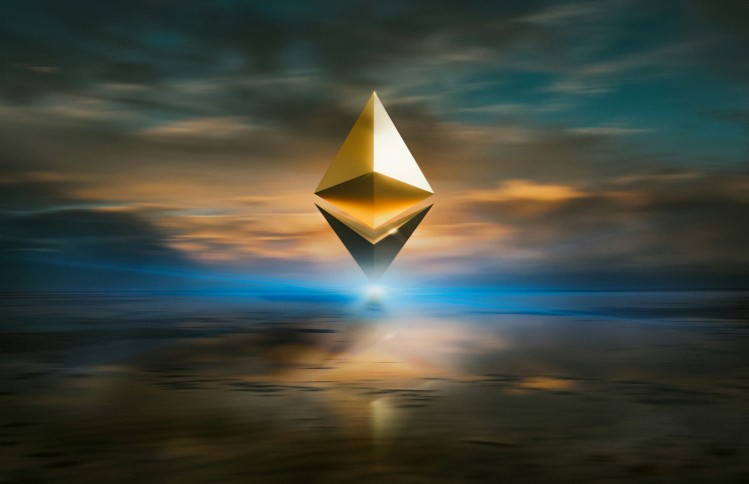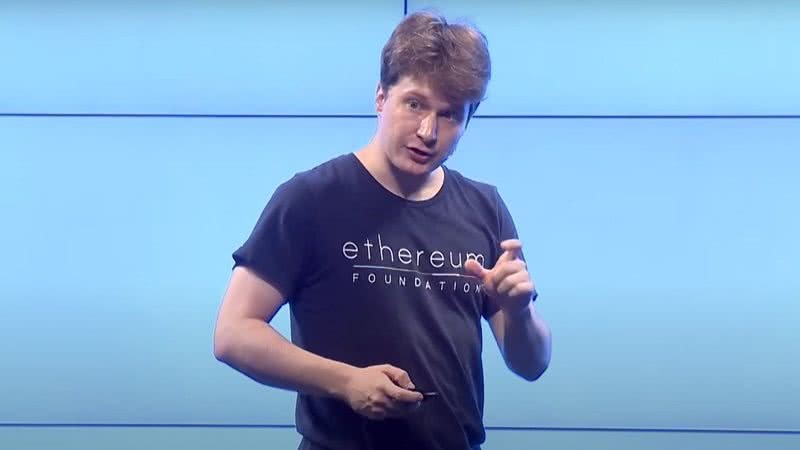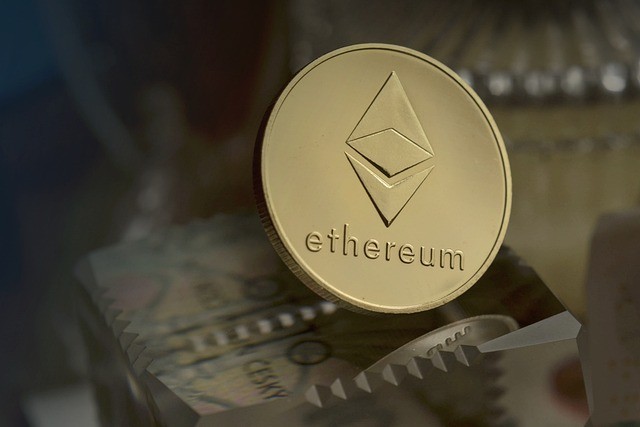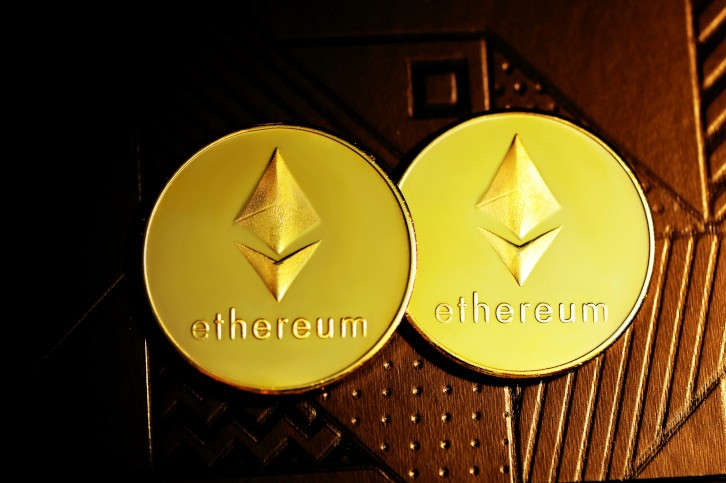Ethereum Is Set to Undergo Its Dencun Upgrade in March 2024
Feb 09, 2024, 4:03pm
Dencun will introduce proto-danksharding, which is intended to reduce transaction costs for developers and end users.
Ethereum (ETH) will undergo an upgrade called “Dencun” in March 2024, making various improvements to its transaction cost, efficiency, and scalability.
The upgrade is set to take place on March 13 at 13:55 UTC at slot 8626176. That time and date was determined during a developer call on Feb. 8.
Dencun will add several new features to Ethereum, the most notable of which is proto-danksharding (EIP-4844). Ethereum currently supports layer 2 networks and rollups so that data can be handled off-chain, which reduces the cost of transactions. Proto-danksharding, however, will allow layer 2 rollups to send data at even lower costs through a non-permanent data storage method.
This feature could benefit general Ethereum (ETH) holders and users. While developers must take advantage of this feature to benefit from reduced costs, Ethereum.org notes that those who use the feature will likely “pass the savings on to end users in the form of cheaper transactions.”
Ethereum development firm ConsenSys similarly notes that “end-users are expected to benefit from lower gas fees on layer two (L2) transactions.”
Apart from introducing proto-danksharding, the Dencun upgrade will additionally include improvements to staking — the process by which Ethereum validates blocks and issues rewards to those who deposit or lock up their ETH tokens. Zerocap reports that two proposals included in Dencun, EIP-7044 and EIP-7045, will facilitate a “smoother and more flexible staking process.”
The upgrade is also expected to introduce various security improvements and cost-efficiency improvements through a variety of other proposals.
What Is Ethereum?
Ethereum is the second largest cryptocurrency by market capitalization, second only to Bitcoin. Whereas Bitcoin (BTC) has a market cap of $890 billion, Ethereum (ETH) had a market cap of $291 billion as of Feb. 8.
Ethereum is otherwise notable for relying on an energy-efficient proof-of-stake consensus mechanism to validate blocks, whereas Bitcoin uses a power-intensive proof-of-work consensus mechanism (sometimes called “mining”).
Ethereum is also recognized for its extensive decentralized finance (DeFi) ecosystem, with various applications that allow crypto investors to earn rewards on their deposits and swap assets without relying on a centralized exchange.
Finally, Ethereum’s token standards allow for creation of new assets, meaning that it is the basis of a variety of altcoins and non-fungible tokens (NFTs).





